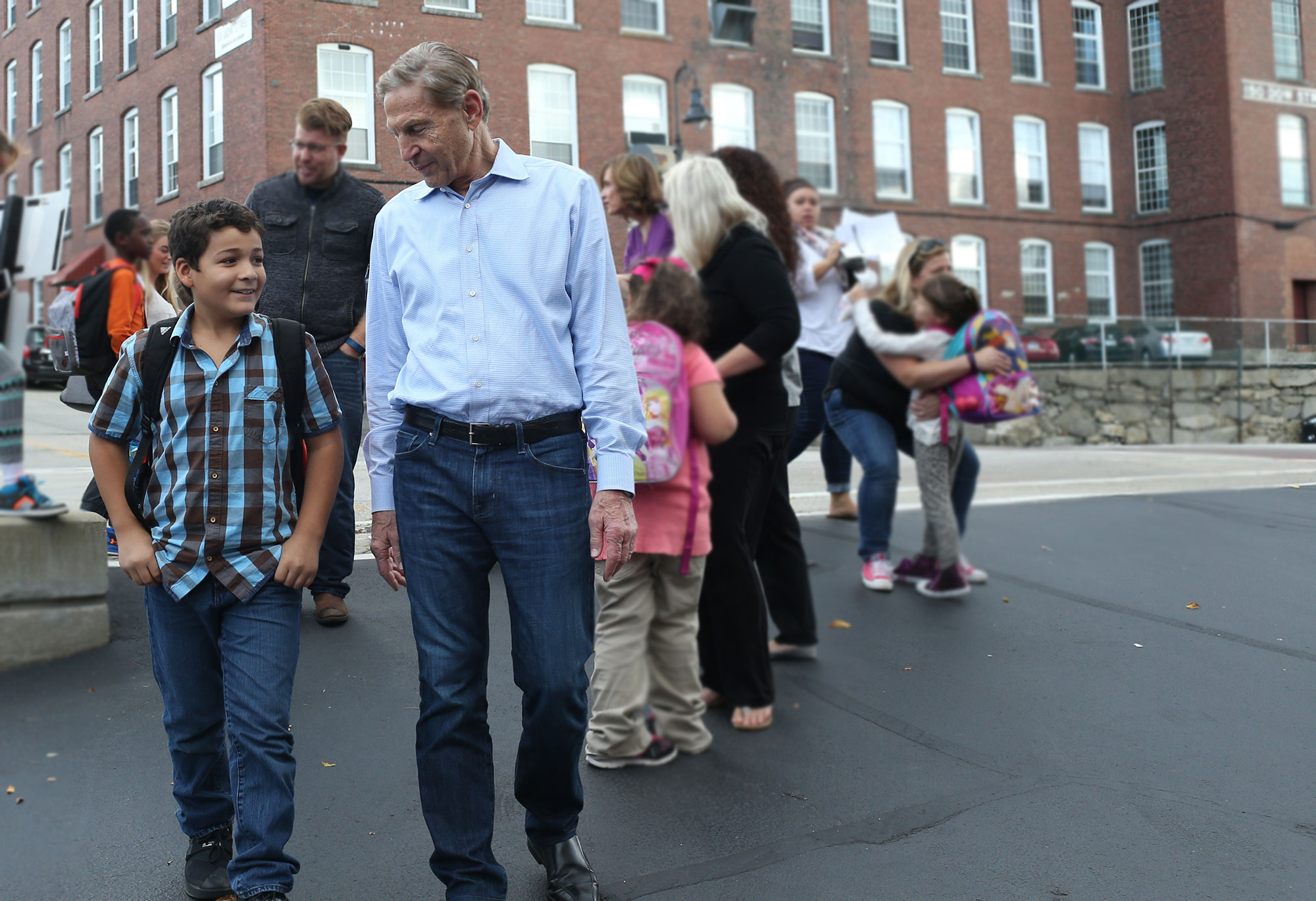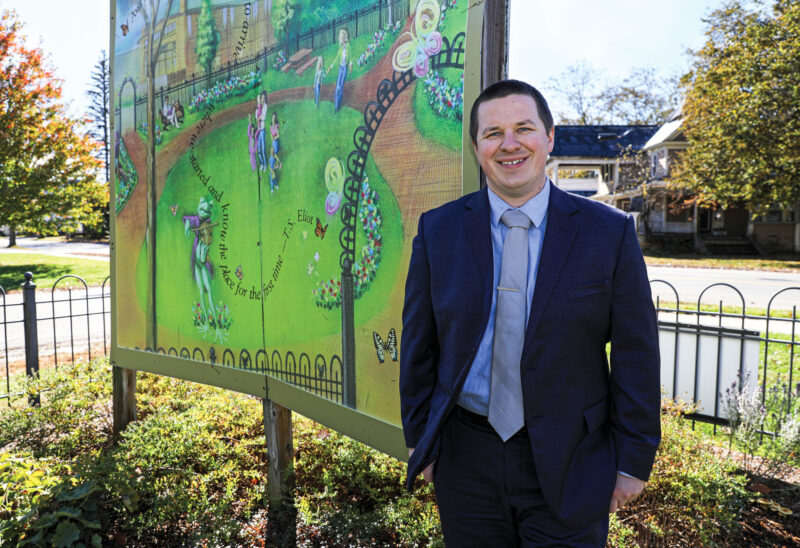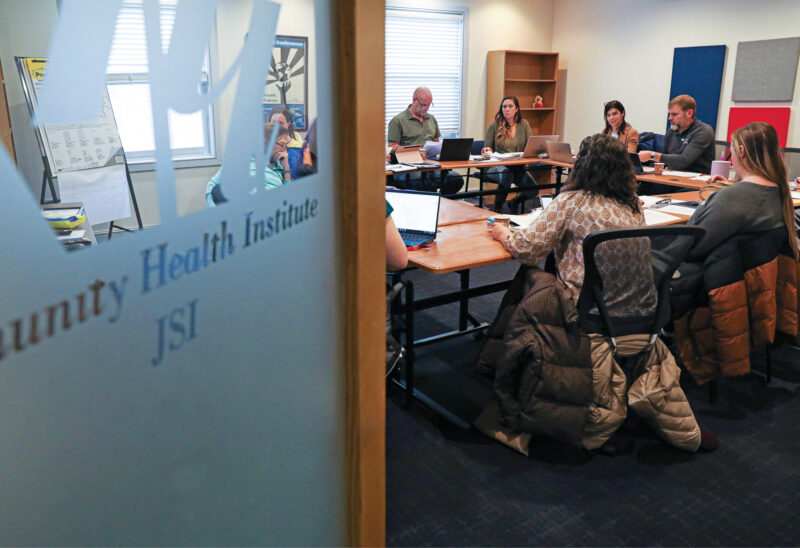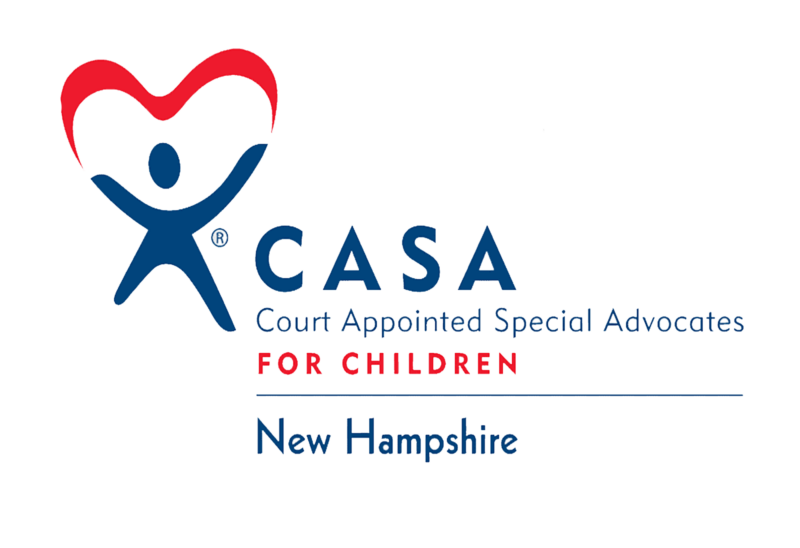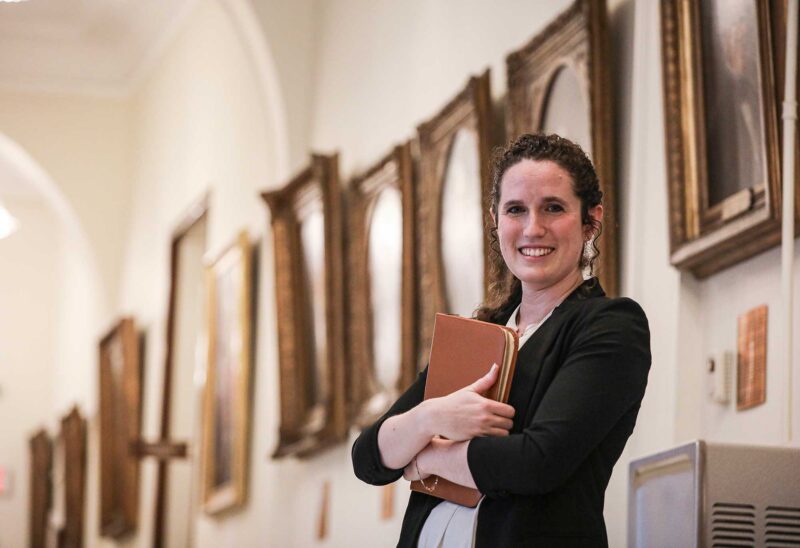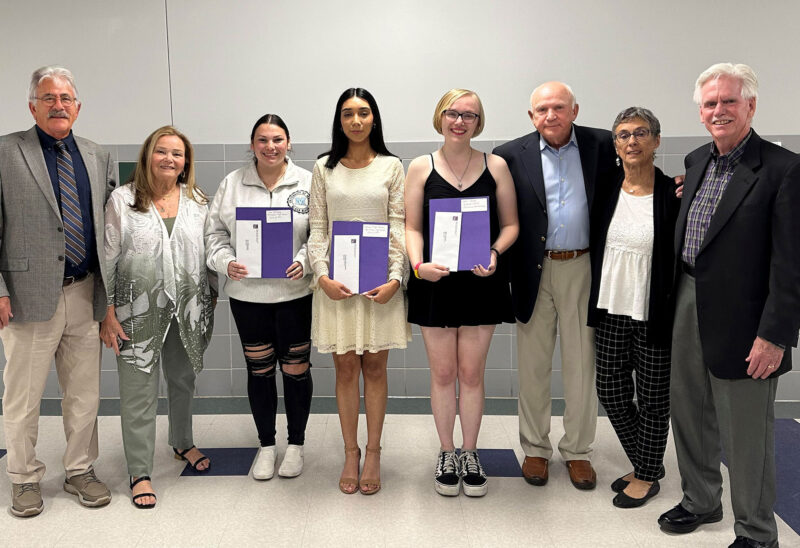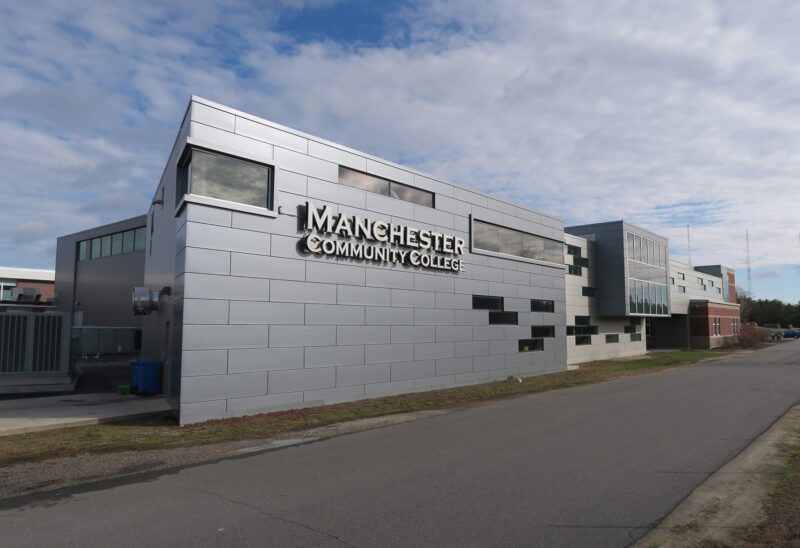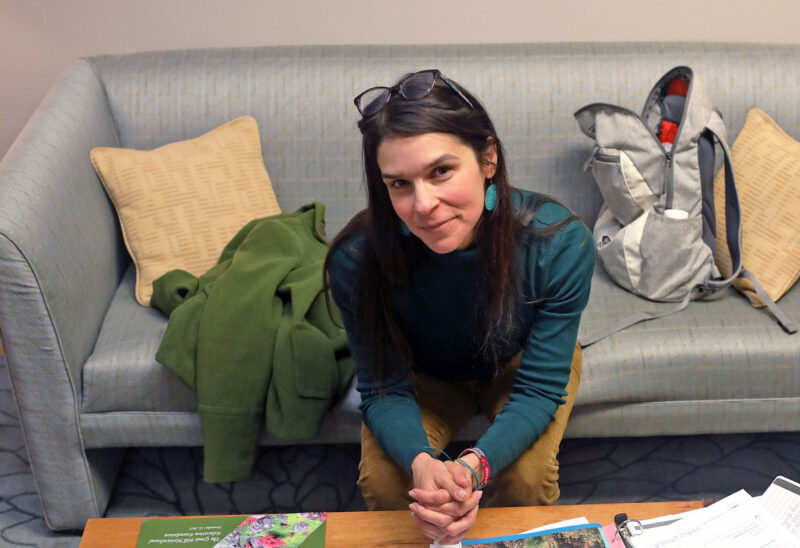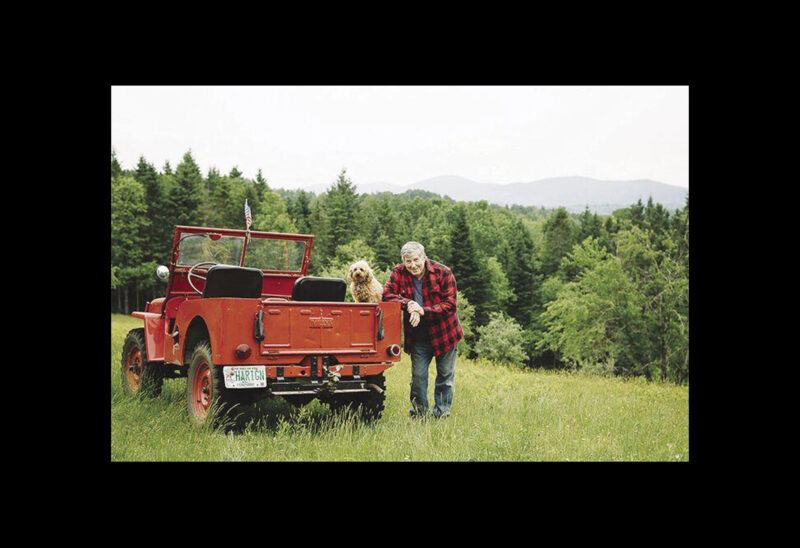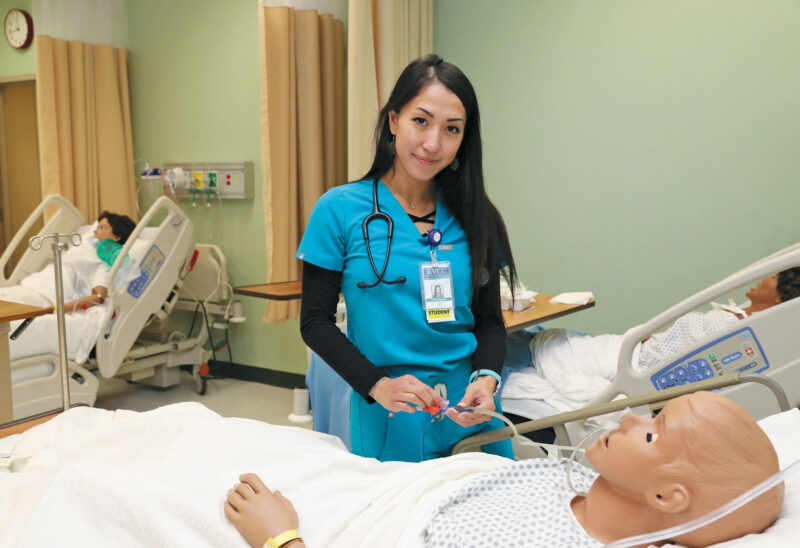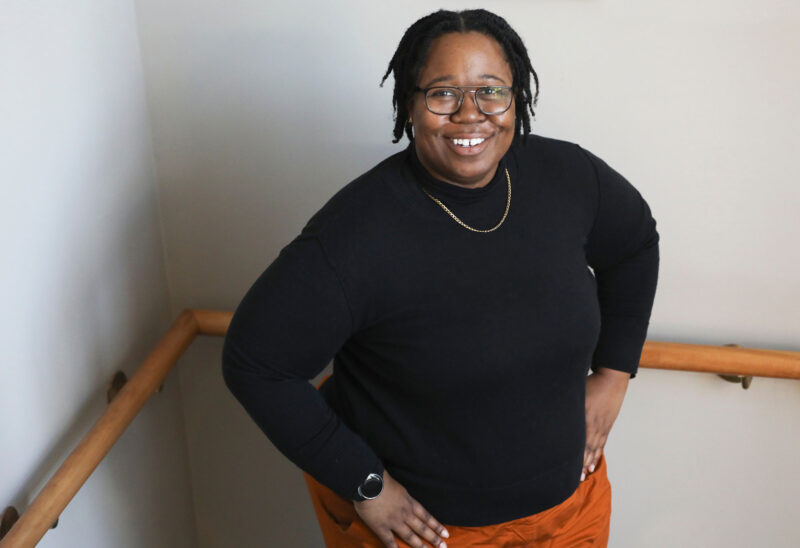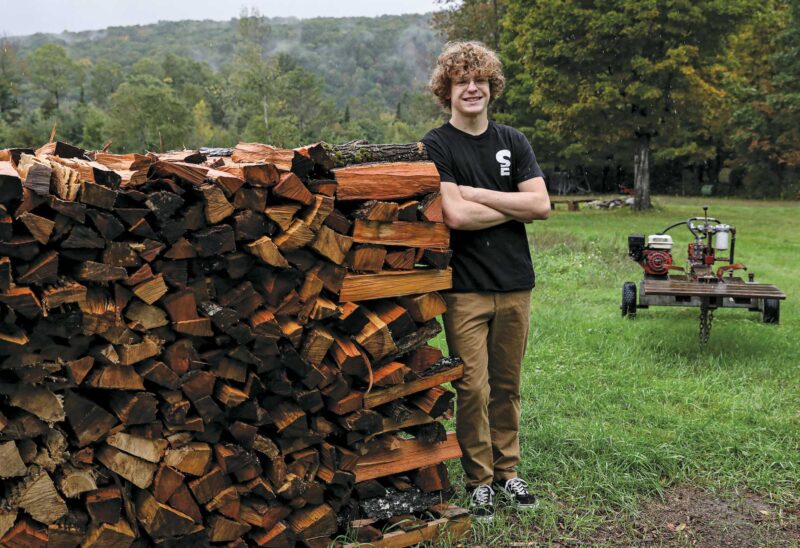So, maybe you’ve been thinking about being a youth mentor for a while. It would be pretty cool to be able to make a real and lasting difference in a kid’s life, and to do fun stuff with them like go sledding, or to a ballgame or teach them your signature pizza-making method.
But maybe you’re not sure how to take the first step — or what the second, third and fourth steps will look like when you do.
Before you let another week go by in that “still thinking about it” phase (there are kids out there who need you! Today!), here is how to get started:
First, learn a little about mentoring organizations in your area and which ones are looking for volunteers. New Hampshire has a number of them. Big Brothers/Big Sisters of New Hampshire is the largest and operates statewide, but there are also others that recruit volunteer mentors, like the Circle Program, which matches mentors with girls in the Concord, Laconia and Plymouth areas, and the Friends Program in Concord.
Next: reach out.
After you inquire into any of the programs, you will be asked to fill out an application form. Program staff interview potential mentors, and all undergo criminal background checks. (Big Brothers/Big Sisters has its whole process spelled out on its website.)
A period of training follows — with staff and with other experienced mentors. Part of the process involves a “match specialist” getting to know you, so they can match your interests and location with those of a potential mentee. And after a match is made, staff continue to offer support and oversight to ensure that everything is going well.
At Big Brothers/Big Sisters, that process — from inquiry to match — usually takes about three months. (So you’ll have a little time to scout the best fishing holes, refresh yourself on the finer plot points of “Harry Potter” and perfect that pizza dough.)
“Bigs” are asked to commit to spending at least two hours, twice a month, with their “Littles.”
The organization encourages activities that are free — like hiking, or going to the beach — and provides a list of suggested activities and offers free tickets to many events.
About 270 kids are awaiting matches through Big Brothers/Big Sisters alone. Right now, some are waiting for up to a year for a mentor. About two-thirds of the kids waiting for that caring adult to show up for them are boys.
Here is what happens when kids have a caring mentor in their lives: they do better in school, and in relationships, and get better at avoiding risky behavior. All of which means that they have a greater chance to grow up to become the adults who will thrive in and sustain our communities tomorrow.
Gregg Burdett, CEO of Big Brothers/Big Sisters of New Hampshire (whose own life was changed by a caring “Big Brother” decades ago) said that there is no educational requirement or skills test to become a “Big.” Here’s what you need:
“You need to have a big heart. You need to be nurturing, loving, responsible and enthusiastic. You’ve got to be committed and passionate and really want to change someone’s life,” Burdett said. “And you need to be willing to receive those gifts, too. Because this will change your life as well.”
Not ready to mentor, but still want to help? Here’s an easy way: treat a mentor-mentee pair to an event or a meal together. Send in or drop off a gift certificate to the movies, or a museum, or to a local restaurant. If you or your company have season tickets to sporting events, consider sharing some of those tickets with a mentoring organization.
And, of course, New Hampshire’s nonprofit mentoring organizations are always grateful for monetary donations that help them do the good work that they do.
The New Hampshire Charitable Foundation is working to increase opportunities for New Hampshire kids through its “New Hampshire Tomorrow” initiative. Family and youth supports — including support of youth mentoring organizations — is one focus area of New Hampshire Tomorrow. The initiative also focuses on early childhood development, substance use prevention, treatment and recovery and education and career pathways.

